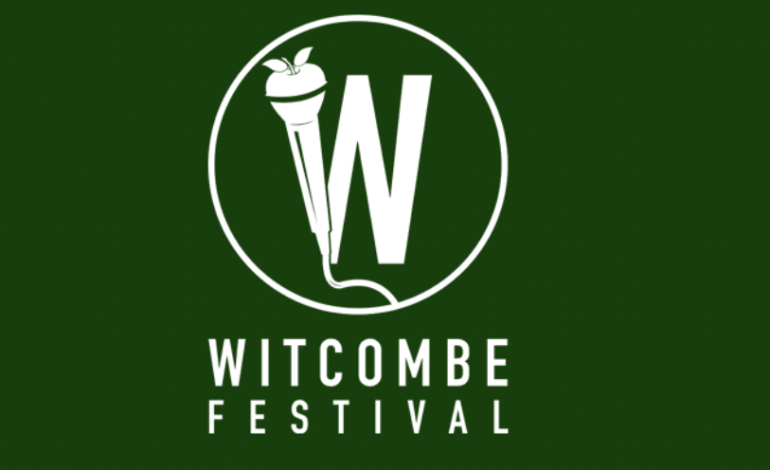
The Witcombe Festival, a community event held in Witcombe, Gloucestershire, has just announced its cancellation.
The festival typically features a variety of activities including music performances, food stalls, craft vendors, and family-friendly entertainment. The festival is organised to bring together local residents and visitors, celebrate community spirit, and raise funds for local causes or charities.
The festival, previously known as Witcombe Cider Festival, was first held in 2012 at Witcombe Cricket Club with only a small marque, a stage, and around 200 attendees, with X-Factor finalist Kitty Brucknell as the headliner.
Since then, Witcombe Festival has gained more acclaim as it was nominated for Best Small Festival Awards in 2022.
However, on Monday the 5th of August, the festival released an official statement on their website, stating the cost of living crisis as the main cause to their limited budget:
It is with great disappointment that we announce the cancellation of Witcombe Festival 2024. Today, we were supposed to get the keys to the fields from the farmer and begin building the festival for a celebration of music, dancing, and togetherness on the August Bank Holiday. Unfortunately, the ongoing cost of living crisis has significantly impacted our ticket sales and overall planning.
The Witcombe festival is not the only festival to suffer from the cost of living crisis. According to the Association of Independent Festivals, 53 festivals have had to postpone, cancel, or completely close in 2024. Since Covid began in 2019, the total number of UK festivals to have disappeared is 182.
In response to the rising number of cancellations, the Association of Independent Festivals (AIF) launched a new campaign asking for a temporary VAT reduction on festival tickets that would save many event promoters from closure.
The 5% for Festivals Campaign is an initiative that encourages people to donate 5% of their time, money, or resources to support local arts and culture festivals. This campaign aims to promote the sustainability and growth of festivals, which often rely heavily on community support and volunteerism.
The campaign also seeks to raise awareness among festival-goers about the challenges music festival promoters have encountered over the past five years. It encourages individuals to reach out to their MPs and advocate for a crucial reduction in VAT on tickets.
AIF CEO John Rostron said:
This is a regrettable landmark for the UK’s festival sector. This is the most challenging time for independent festivals who desperately need an intervention from the incoming government before more events inevitably fall.
The full list of festivals lost in 2024 can be found here.
Despite the cancellation, the festival remains “committed to returning with a more spectacular event.”
